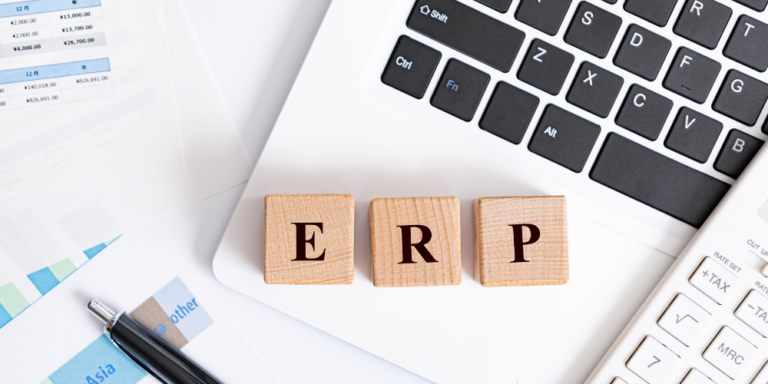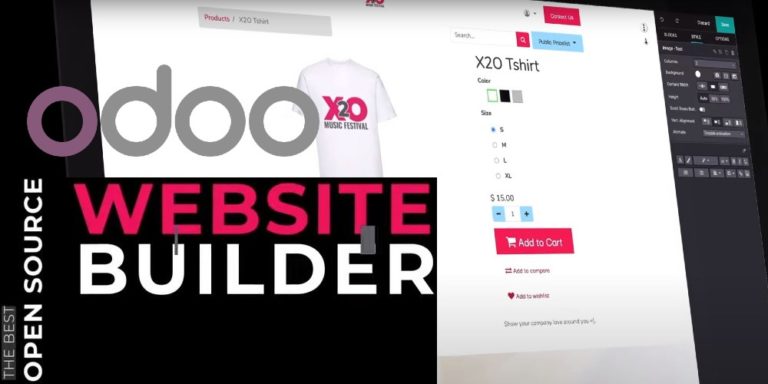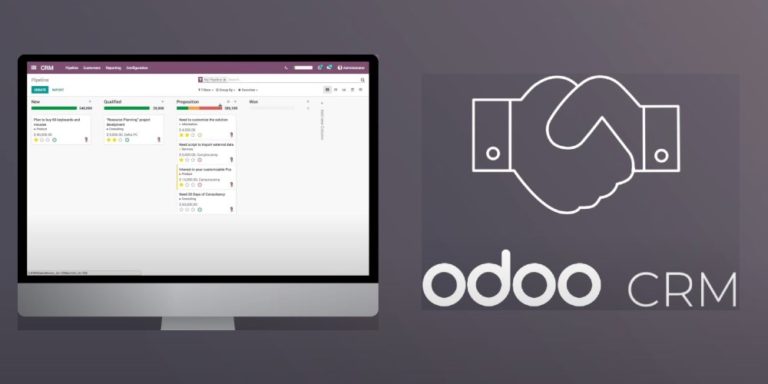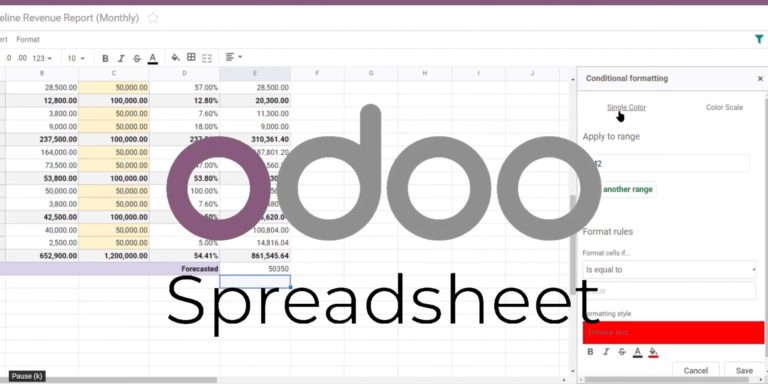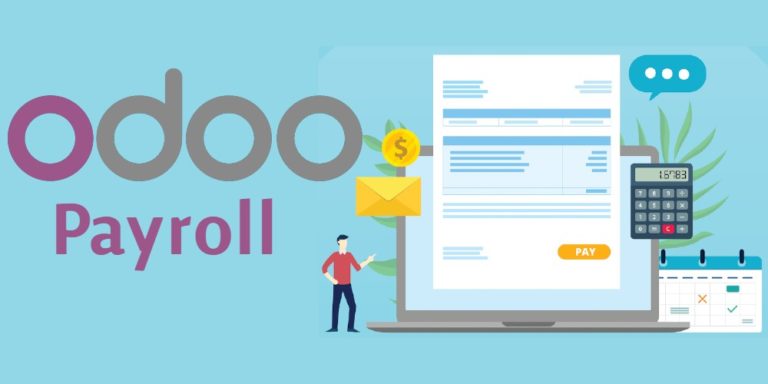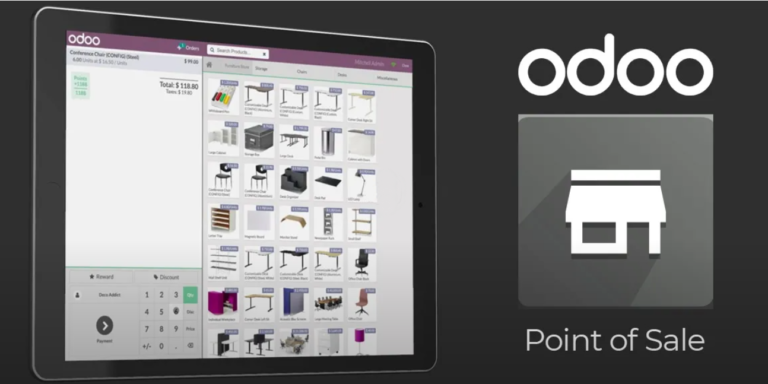Factors to Consider when Choosing an ERP for SMEs (Part Two)
Choosing your company’s IT tools such as ERP is one of the major decisions you as a businessman is going to make. What is the best ERP for SMEs for my company is a question that is without a doubt a difficult question to answer. In the first place, ERPs are designed for multiple industries and each of them has its own unique requirements. However, the matter is even more complicated when realizing that every company is different and has its own special needs. That is why it is crucial that every businessman should study their company’s current and future operational requirements.
In our previous article, we’ve discussed what are some of those factors. We’ve learned that the cost of the ERP system should be considered to know if your company has the capacity to purchase the system and how low it will take to get a return of your investment. Another criteria that was mentioned is modularity on which it is the ability to select the modules or applications that your company needs. Scalability is another point that was discussed, which is the capacity of the system to increase its applications and scale up its transactional capacity and data storage. In this article, we will provide you more criteria to consider when selecting the best ERP for your business.
Functionality
One of the biggest mistakes in selecting the ERP is choosing it based on the brand, price, or the recommendation of an acquaintance. Although those are valid reasons when considering an ERP, they are not enough. One of the main aspects that you have to consider is the functionality of the ERP.
Doing an exhaustive analysis of all the functionalities of the different ERPs is the best way to discover the ERP that best fits your company. and can be the solution to discover the ERP that best solves your requirements. Most ERPs have the function to manage and automate finance, accounting, payables and receivables, customer service, human resources, project management, etc. Aside from those must-have features, ERP for SMEs nowadays should now be mobile devices friendly. Since most key decision-makers are on the go, it would be best to allow them to access and manage their company using their smartphones and tablets.
Keep in mind that the objective is not to choose the best ERP, but the best solution for your company.
Customization tools
If your company has a unique requirement that typical modules can’t fulfill, the ERP should allow modules that can be easily customized by your ERP implementation company.
A good number of companies will need to make some modifications to the standard ERP software. When evaluating ERP, it is also important to consider the ease of carrying out these customizations and the simplicity of migrating them to future releases.

Ease of use or user friendliness
When selecting an ERP, the learning process is not usually given too much importance. We can find ERPs that cover all the needs of the company, however, most of these ERP systems are too complex and the user interface is non-intuitive.
You have to take into account the user-friendliness of an ERP system and if the graphical user interface is logically arranged. A good ERP user interface can be easily understood even without a manual or prior instruction.
A user-friendly ERP system allows a shorter learning curve for your employees. This means the training cost will be less expensive as well. And we must not forget that this cost can be recurring when new users have to be incorporated.
In addition, the frustration of the user should not be underestimated when he or she is not able to perform tasks properly simply because the layout of the user interface is confusing.
Compliance with legal requirements
It is important to verify that the selected ERP contains the necessary functionality to meet all the legal requirements set by the national government or the local government unit. Some of the regulations involved are accounting, tax, labor, payroll, and billing. An ERP should be able to comply with these external reporting requirements. On top of that, another requirement with regards to reporting is internal reporting or management reporting. An ERP for SMEs should satisfy the reporting required by the management or shareholders. Some of those reports are sales report either by a line of business or area, and operating income and net profit.
The Implementing partner
Choosing the right ERP implementation company is the key to the success of the ERP implementation. It doesn’t matter if the ERP system that you choose fulfills all the requirements of your company.if the partner implementing company cannot fulfill its role then you won’t be able to get a satisfactory result. It is equally important that your partner ERP implementation company has the expertise in the ERP system that it supports and the complete understanding of the processes and the operational needs of your company.
On top of the skills and expertise, you have to choose a company with integrity because your implementing partner will have access to your company’s database during the implementation process.
Although this list is not comprehensive and exhaustive, the criteria presented in this article and the article prior should help your company choose the right ERP system for your company. As mentioned earlier, you don’t have to choose the best ERP for SMEs overall, you just need to choose the ERP system that provides the best solution for your company.
For more information about ERP systems, implementation, accounting software, web development, or any IT needs, feel free to browse our Vetter Systems website or send us a message via our contact us page.


